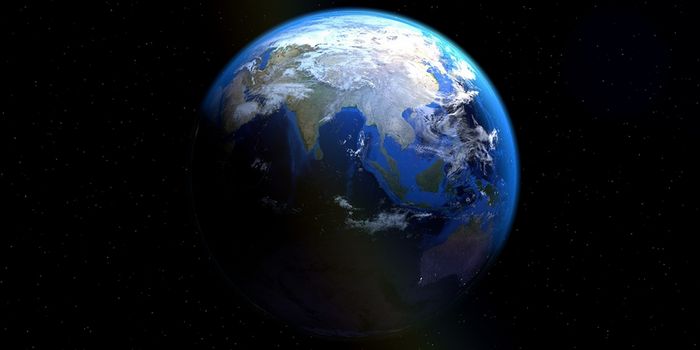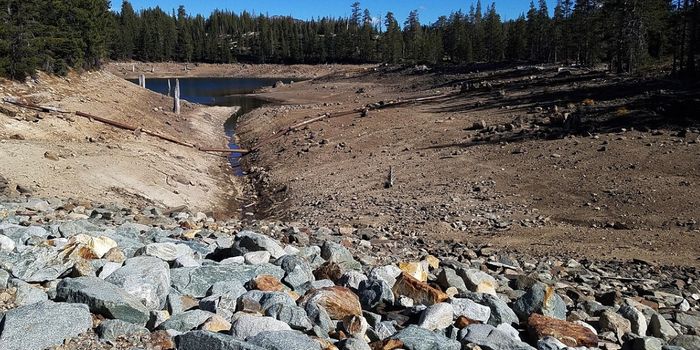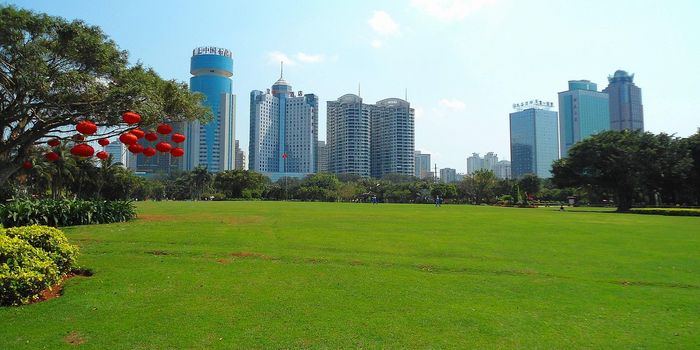Land use in the tropics: what we could do better
Research published recently in the journal Nature Ecology & Evolution reports that our collective misuse of tropical lands is negatively impacting the global carbon cycle more than we thought. The research was conducted by an international team led by scientists at Lund University in Sweden.
"Climate change is affecting us all, and with this study, we have increased our understanding of the impact of land use on the global carbon cycle," says lead researcher Torbern Tagesson, physical geography researcher at Lund University.
The study utilized satellite imaging data to analyze the biomass of tropical forests. High biomass is crucial for the global uptake of carbon because vegetation accounts for about 30% of carbon uptake from human-emitted CO2. Due to their typically dense vegetation, the tropics pull more weight in this ecosystem service than other regions that have less vegetation. However, the researchers found that biomass in the tropics is decreasing due to deforestation.
The researchers point toward intensifying land use as the main factor behind a reduction in carbon dioxide uptake from the tropics. Forests in the Amazon and Southeast Asia have unfortunately become known for large-scale agriculture, logging, and livestock, all of which deforests the lands and greatly diminishes a forest’s ability to capture CO2. The authors of the study refer to these human-driven impacts generally as anthropogenic land use and land cover changes (LULCC).
The study looked at biomass in tropical and boreal forests over a period of more than two decades from 1992-2015. They were surprised to find the difference in CO2 absorption between the ecosystems:
"As we have verified our estimates with other satellite data, we can now say with certainty that boreal forests contribute more to carbon dioxide uptake and tropical forests contribute less. Previous studies have not shown the same decline for tropical forests," says Torbern Tagesson.
They hope their findings will help shed light on the processes of global carbon dioxide absorption as determined by region and ecosystem. "This knowledge is essential for us to be able to predict the effects of present and future climate change and therefore also highly relevant for climate change policy," concludes Torbern Tagesson.
Sources: Nature Ecology & Evolution, Science Daily









